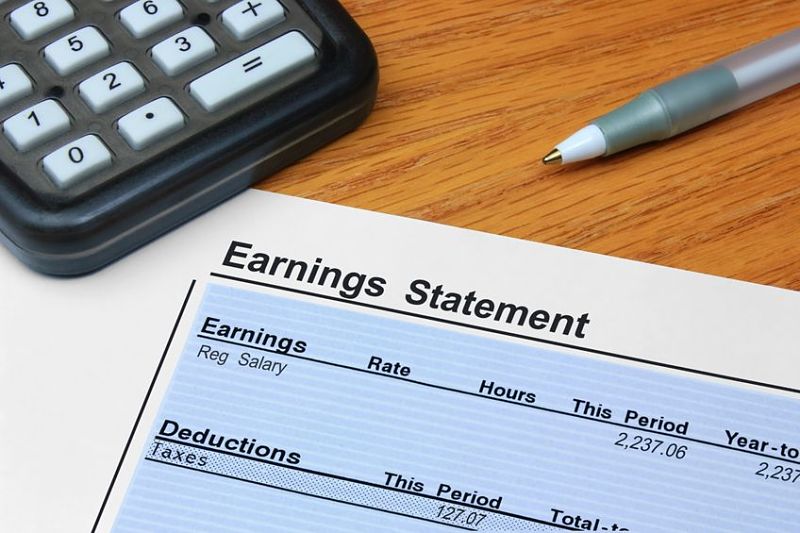S Corporation Owners Must Take Reasonable W-2 Compensation
We’re back! We made it through another tax season and are happy to be back to posting on a more regular basis. We talk with a lot of our small business owner clients about the different rules and regulations of being a Subchapter S Corporation (S Corp), but it’s about time we post something too!
One of the biggest IRS rules for S Corps is that the greater than 2% shareholders MUST TAKE reasonable compensation from the S Corp as a W-2 employee. Long story short, there are significant FICA/Medicare tax savings if a business files as an S Corp instead of a partnership or sole proprietor, so the IRS wants to make sure they are getting their fair share of employment taxes. Unfortunately, the tax code does not give a definition of reasonable compensation, so we work with clients individually to determine their annual salary from the S Corp.
We could go on and on about the tax savings and how to determine reasonable compensation, but today we’re going to focus on why it’s important that the greater than 2% shareholders receive W-2 compensation, not a 1099-MISC from their S Corp.
Some folks pay themselves exclusively on a 1099-MISC, while others split their compensation between a W-2 and a 1099-MISC. Sometimes this is an unintentional error, i.e. when a taxpayer started out as a sole proprietor, paying themselves on a 1099-MISC was a perfectly legal and acceptable method. However, when they converted their business to an S Corporation, they didn’t realize a change needed to be made. Others think that the 1099-MISC method may seem like a quick and easy way to avoid the hassle of payroll and unemployment taxes. Either way, there are two issues with the 1099-MISC Only Method and two issues with the Combination Method.
1099-MISC Only Method
- Breaking the Law! – Revenue Ruling 74-44; IRC §3121(d) specifically states than an officer of a corporation is considered an employee “subject to payroll taxes on remuneration paid to services performed.” Also, the Tax Court Case Sean LTD. versus Commissioner (Summary Opinion 2013-62) states that a salary cannot be in the form of shareholder distributions or 1099-MISC payments.
- Tax Liabilities, Penalties and Interest – Oh My! – The IRS takes this issue very seriously and does not hesitate to assess hefty interest and penalties to folks who don’t comply. The IRS will reclassify all 1099-MISC payments made to S Corp owners as W-2 wages. This means that there are several months, sometimes even years of payroll taxes that the S Corp will now have to pay including the following:
- Back taxes for payroll taxes;
- Interest on payroll taxes;
- Penalties for failure to file quarterly Forms 941;
- Penalties for failure to quarterly deposit the tax withholding to the IRS;
- Penalties for failure to file and issue Form(s) W-2;
- PLUS Back taxes for state and local payroll filings, interest, and penalties.
The easiest way to avoid these issues is to set up and properly use a payroll system. We highly recommend using a payroll service. We do not provide payroll services at Franty & Company, but have a great service we recommend for our clients!
1099-MISC and W-2 Combination Method
- Overpaying the IRS – When an S Corp pays its owner a reasonable salary and there are remaining funds in the business, it’s not a good idea to pay the owner a commission on a 1099-MISC. Now, the owner is subject to self-employment and local income taxes on the 1099-MISC income, in addition to the payroll taxes already withheld on his or her W-2. Why give the IRS more money than necessary?!
- Complicated Tax Return – When an S Corp owner has unreimbursed business expenses, should they be deducted against the W-2 income or the 1099-MISC income? This aspect of the combination method creates extra work and hassle for the S Corp owner and the tax preparer.
Have more questions about S Corporation owner compensation? Want to make sure your S Corp is handling owner compensation properly? Contact us today!



